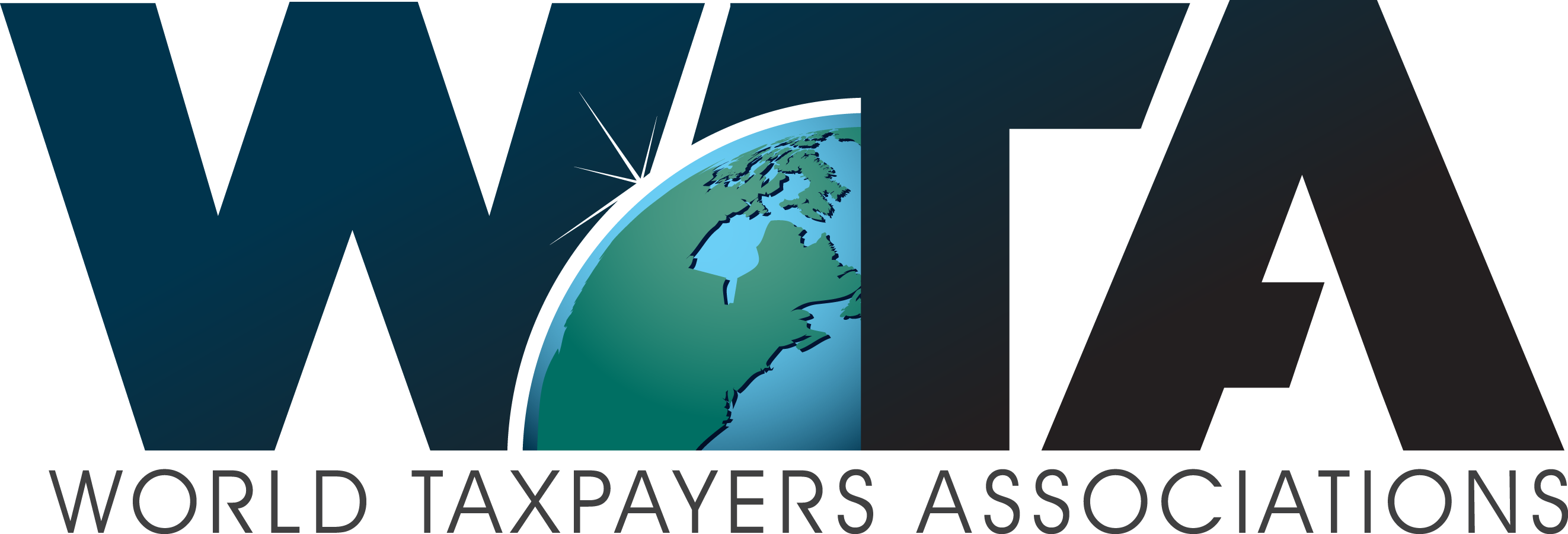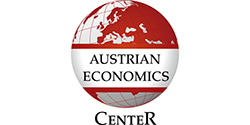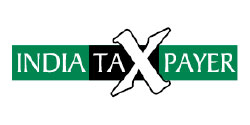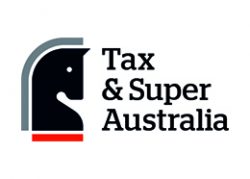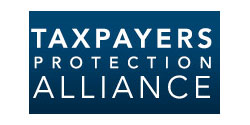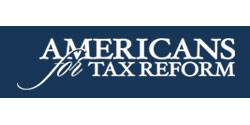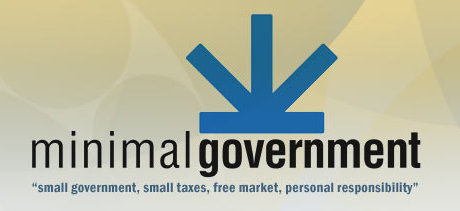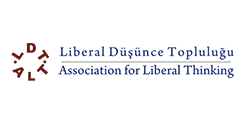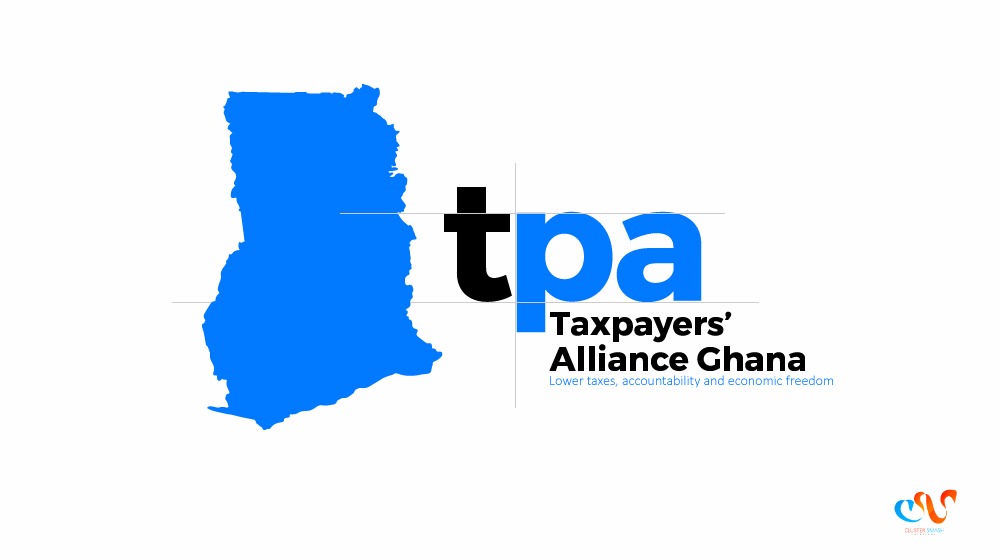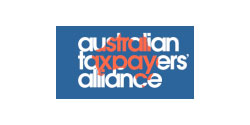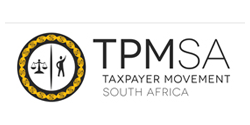Over-Regulation, Government Bureaucracy and Unnecessary Taxes are Bleeding Britons Dry
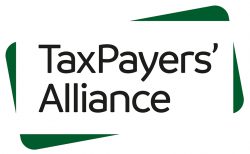
Nearly every basic necessity in Britain – housing, food, transport, energy – is made more expensive by government intervention and taxation. So-called “compassionate” policies proposed by politicians are actually having the opposite effect, and making life worse for all of us.
Let’s look at housing.
We have a huge shortage of affordable homes to buy and rent, and that’s because building isn’t keeping up with demand.
This shortage of housing not only puts up house prices for first-time buyers, but also makes rent more expensive, with the average monthly rental price in the UK now £350 more than the European average.
The appetite to build more houses – which would effectively ease the housing crisis – is there. But restrictive planning regulations and the protection of the green belt are standing in the way of industry’s ability to do so.
And then there’s energy prices.
The government has decided that the best way to bring down the cost of energy is an artificial cap on prices.
But the real reason that families think twice about turning the heating on is that forced investments into clean energy (which are essentially green taxes) have pushed up the price of production, and this cost has been passed on to consumers. The high cost of energy isn’t the failure of the market, but of the government.
Perhaps one of the most extraordinary ways in which regulations impact on the cost of living is the over-regulation of childcare.
Households in the UK are spending a higher proportion of their net income on full-time childcare than in other advanced economies, including Australia, Canada, and the US. Once again, government intervention is to blame for this high cost.
Regulations such as qualification requirements and child-to-staff ratios – which are much more strict than other in other developed nations – have severely inflated the cost of childcare.
Our report has found that if Britain were to adopt similar regulatory standards to those in Sweden, the average UK household which uses childcare could save up to £7,732 each year on these costs.
Families are also hit with the impact of EU food tariffs, which are in essence taxes on imported food. These food taxes put up the price of our weekly shop by nearly 17 per cent, and mean that Brits are spending more than they need to on basic necessities.
For example, some meat products have tariffs as high as 88 per cent, which nearly doubles prices. Sadly, food taxes hit poorer families harder than anyone else in the UK.
But even before we can even think about spending any of our hard-earned money on, politicians raid our pockets by taking away over a third of it through direct and indirect taxation.
Last year, the average household paid £7,800 in direct taxes and £2,209 in VAT.
It is time for politicians to wake up to the fact that big government and higher taxation is making British families worse off.
Theresa May should stand by her defence of free markets by lowering the burden of taxes and regulations for millions of people.
John O’Connell is chief executive of the TaxPayers’ Alliance.
